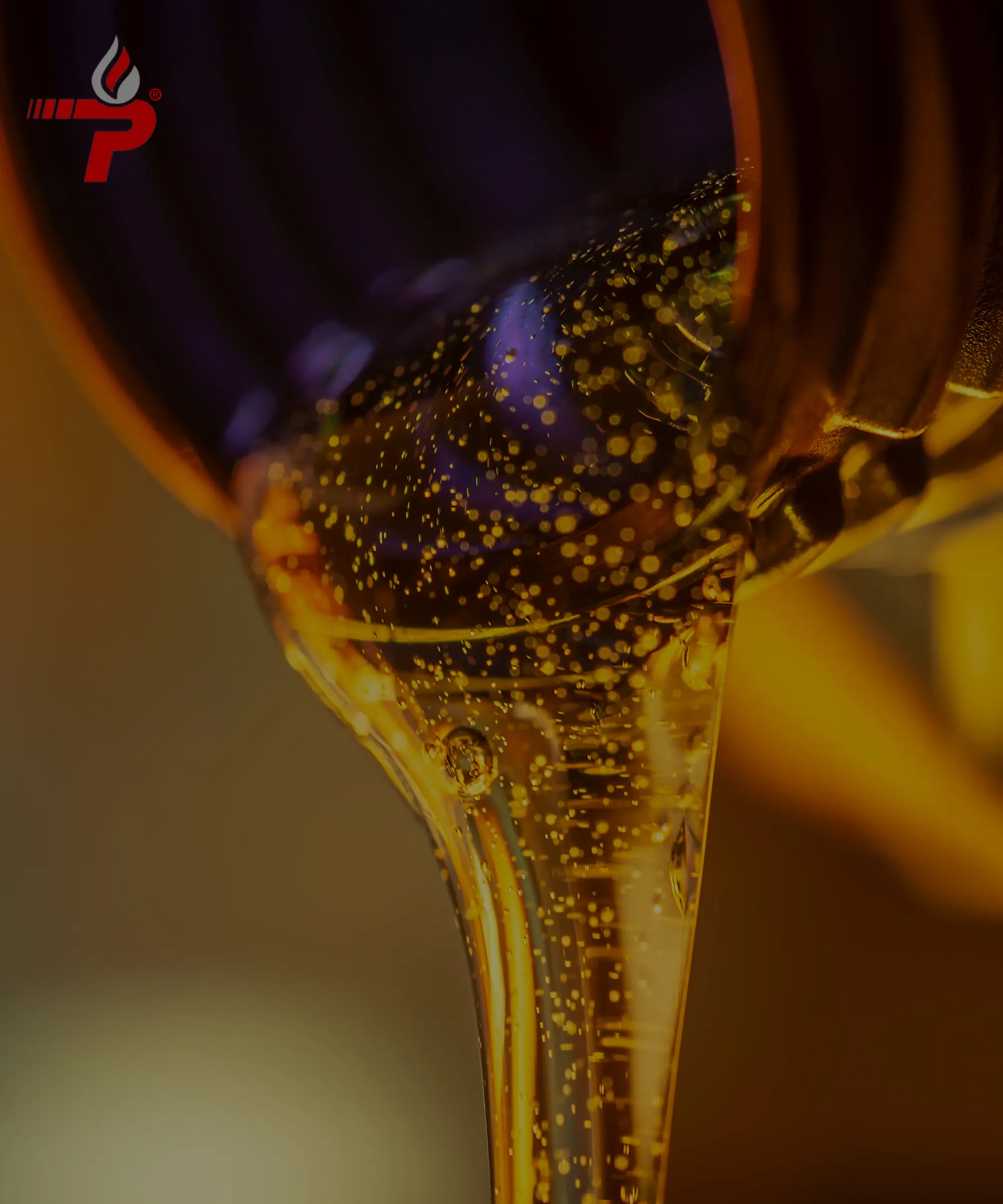
Engine oil is the essence of every vehicle, providing smooth running, lessening wear, and maximizing efficiency. But today's engines require more than simple lubrication. Manufacturers enhance oil performance with specialized engine oil additive packages to meet these needs. These precisely formulated blends enhance viscosity, prevent deposits, lessen friction, and extend oil life, keeping engines running at peak efficiency.
In this blog, we’ll explore the key components inside an engine oil additive package and how each one of them contributes to engine performance and protection.
What are Engine Oil Additive Packages & How They Function?
An engine oil additive package is a blend of chemical compounds designed to enhance the natural properties of base oil. While base oil provides lubrication, additives improve its ability to withstand extreme temperatures, prevent sludge formation, and protect metal surfaces.
Each additive has a specific function, but together they work to enhance the overall performance of engine oil. For example, dispersants and detergents keep the engine clean, while viscosity modifiers ensure smooth operation under extreme temperatures.
Each variety of additive fulfils a varying function:
Neutralizing Impurities: Detergents eliminate acidic impurities and purify the internal pieces to avoid varnish and carbon deposits.
Anti-Wear Agents: Create a thin protective layer on metal surfaces for friction and wear reduction in high-pressure conditions.
Viscosity Modifiers: Ensure consistent oil layer thickness across a wide range of temperatures; this avoids thermal breakdown or thickening due to cold temperatures.
By synergism among these ingredients, additive packages form a synergy that drives engine oil performance through all conditions.
Important Elements of an Engine Oil Additive Package
1. Detergents—Engine Cleaning
Detergents are important for preventing sludge and deposit development within the engine. They neutralize acidic combustion byproducts and maintain engine cleanliness, allowing it to perform optimally in the long term.
2. Dispersants—Sludge and Varnish Control
Dispersants complement detergents by keeping contaminants and tiny particles suspended in the oil rather than allowing them to settle on engine surfaces. This ensures sludge formation is prevented and ensures free oil flow.
3. Anti-Wear Additives—Minimizing Metal Friction
Engines have several moving components that produce friction. Anti-wear additives create a metal surface barrier, reducing wear and increasing engine life. Zinc dialkyldithiophosphate (ZDDP) is one popular anti-wear compound in most oils.
4. Viscosity Modifiers—Maintaining Oil Stability
Viscosity is necessary for effective lubrication. Oil naturally thins at high temperatures and thickens at low temperatures. Viscosity modifiers keep oil at a constant consistency regardless of temperature, thus avoiding excessive wear.
5. Antioxidants—Stopping Oil Breakdown
Exposure to heat and oxygen can make oil deteriorate with time, forming sludge and deposits. Antioxidants retard the oxidation process, prolonging the life of the oil and its protective effects.
6. Friction Modifiers—Enhancing Fuel Efficiency
By lowering internal friction between engine components, friction modifiers enhance fuel efficiency and engine responsiveness. These additives are particularly useful in high-performance and fuel-efficient vehicles.
7. Corrosion and Rust Inhibitors—Protecting Metal Parts
Motors run under very harsh conditions and are hence prone to rusting and corrosion. Corrosion inhibitors create a protective coat over metal parts to avoid oxidation and extend motor lifespan.
8. Foam Inhibitors—Keeping Air Bubbles Away
Foaming reduces the oil's ability to lubricate, potentially causing engine damage. Foam inhibitors suppress foam formation, so the oil remains even on engine components that have an important part to play in proper functioning.
Engine Oil Additives: Good or Bad?
Engine oil additives are vital in ensuring the performance of an engine, but their efficiency varies with quality, compatibility, and usage. Let's examine the advantages and disadvantages of engine oil additives to understand if they are good or bad.
The Benefits of Engine Oil Additives
Engine oil additives improve lubrication, minimize friction, and safeguard engine parts against wear and tear. Detergents and dispersants, among other additives, stop sludge from accumulating, providing a cleaner engine with better efficiency. Antioxidants inhibit oil breakdown, maximizing oil life and lowering maintenance costs. Viscosity modifiers also maintain oil flow through different temperatures, enhancing fuel efficiency and engine life.
For high-performance vehicles, older engines, or harsh driving conditions, oil additives can give additional corrosion, rust, and heat protection.
Choose the Right Engine Oil
Lubricant additives play a very important role in keeping the engine healthy, minimizing wear, and maximizing performance. Irrespective of whether you drive under extreme conditions, use heavy machinery, or wish to increase the lifespan of your vehicle, running high-quality engine oil with an equally well-balanced additive package is indispensable. Choosing the right engine oil with a well-balanced additive package is crucial for long-term engine health, performance, and fuel efficiency.





Write a comment ...